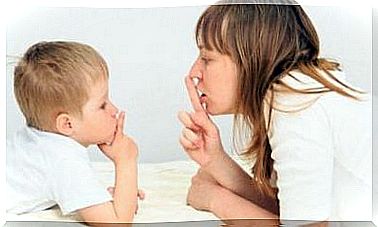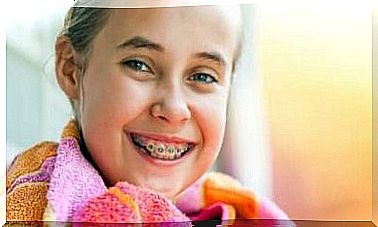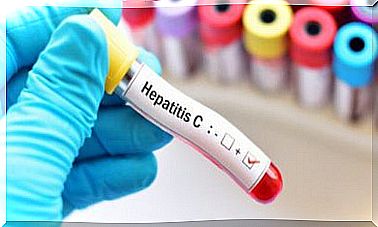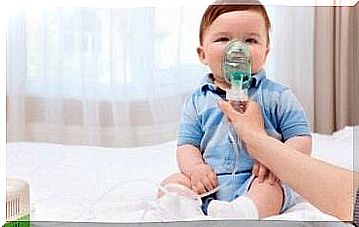The Most Common Sleep Disorders In Children – You Are Mom
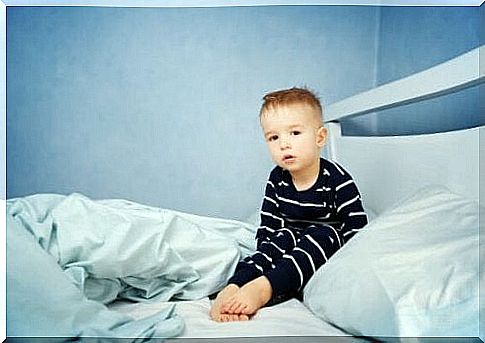
Parents care about any ill-being of their children, to provide them with good nutrition, recreation, medical help and care when they are ill.
This includes getting the little one to rest properly, not having trouble sleeping. Knowing about sleep disorders in children is strongly advised.
Sleep in children is very important because it induces healthy growth and development. Therefore, we advise to prevent disturbances in this area so essential to their lives. We must learn to detect these problems and their causes.
How do I know if the child is having trouble sleeping?
The most common sleep disorders in children are problems directly or indirectly related to rest. The most frequent are:
- Insomnia: This means that the little one cannot sleep.
- Narcolepsy: It causes children to be drowsy during the day for long periods of time.
- Strange behaviors during sleep: Sleepwalking, sleep apnea, REM sleep disorders, nightmares, night terror, among others.
- Bad Sleeping Habits: Bad biological phases and unhealthy behaviors.
“Sleepwalking is a very common sleep disorder that goes away over time without the need for treatment”
Medical causes of sleep disorders in children
Others of the most common sleep disorders in children are related to a medical condition. The most common are:
- Allergies: They modify the normal sleep rhythm of the child. This discomfort forces him to sleep interrupted.
- Pain: A very strong discomfort will prevent the child from resting completely.
- Bedwetting: This is urinary incontinence during sleep. It is recommended to see a doctor if, by the age of 5, your child still does not have bladder sphincter control. This can be associated with a disease such as diabetes.
- Being sick: Headaches, asthma, diabetes mellitus, gastroesophageal reflux disease, epileptic seizures or long-lasting illnesses, among others, disturb a child’s sleep.
- Taking medicines: Depending on their chemical components, they can affect a child’s sleep.
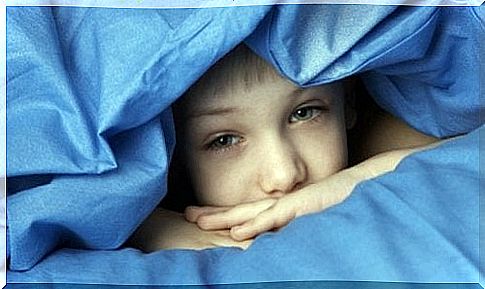
How many hours are needed for children’s rest?
The need for sleep depends on the age of the child. Newborns need more hours: about 16 hours a day. In addition, they wake up every 3 hours to be fed and changed.
Then, at three months old, they are already starting to sleep through the night. But they need 15 hours of sleep. From six months to the first year, babies need 12 to 16 hours of sleep with extra naps.
Later, between one and two years old, children need to sleep between 11 and 2 p.m. With naps too. Between three and five years old, between 10 and 13 hours of sleep, with naps.
Finally, from the age of six until the beginning of adolescence, the necessary rest varies between 8 and 12 hours of sleep.
How to prevent the most common sleep disorders in children?
Steps can be taken to help prevent sleep disturbances in children. They are applicable from the period of breastfeeding until pre-adolescence. Some of them are:
- Do not get children used to depending on something for sleep. For example, the bottle, the pacifier or the breast. Indeed, it generates a bad habit in the child. He cannot fall asleep without this element.
- Create a pleasant environment when you sleep. In the evening, parents must offer confidence that the little one is calm when it comes to sleeping.
- Get the child used to sleeping alone. By sleeping with the parents, the child can wake up. It is therefore a habit that must be eradicated from an early age.
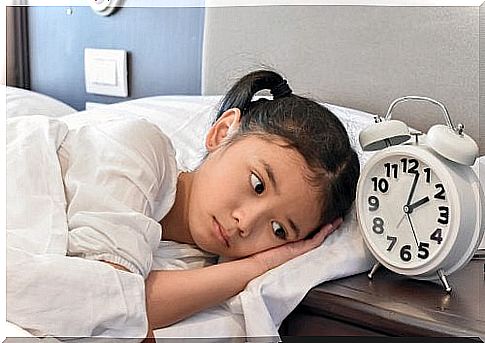
- Involve the child in a sleep routine. For example, eat a light snack, brush your teeth, put on pajamas. Then read a story and light a lamp on the nightstand.
- Establish a fixed schedule for sleeping.
- Have the child fall asleep on his own.
- Avoid hyperactive activities before sleeping. This includes sports, video games or television.
What to do if the child has trouble sleeping?
Here are some recommended measures to avoid this problem: Do not allow him to take long naps. Give him foods that help him fall asleep and prevent him from eating those that prevent it – like chocolate or carbonated drinks containing caffeine -.
Give him security. Avoid excess fluids so that he does not get up at night.
It is vital that the child sleep the necessary hours according to his development. And this, in the best conditions, a calm and peaceful environment. This will help him get used to acquiring good sleep habits that help him fall asleep.
Obviously, it is necessary to consult a pediatrician if the cause is believed to be medical.
